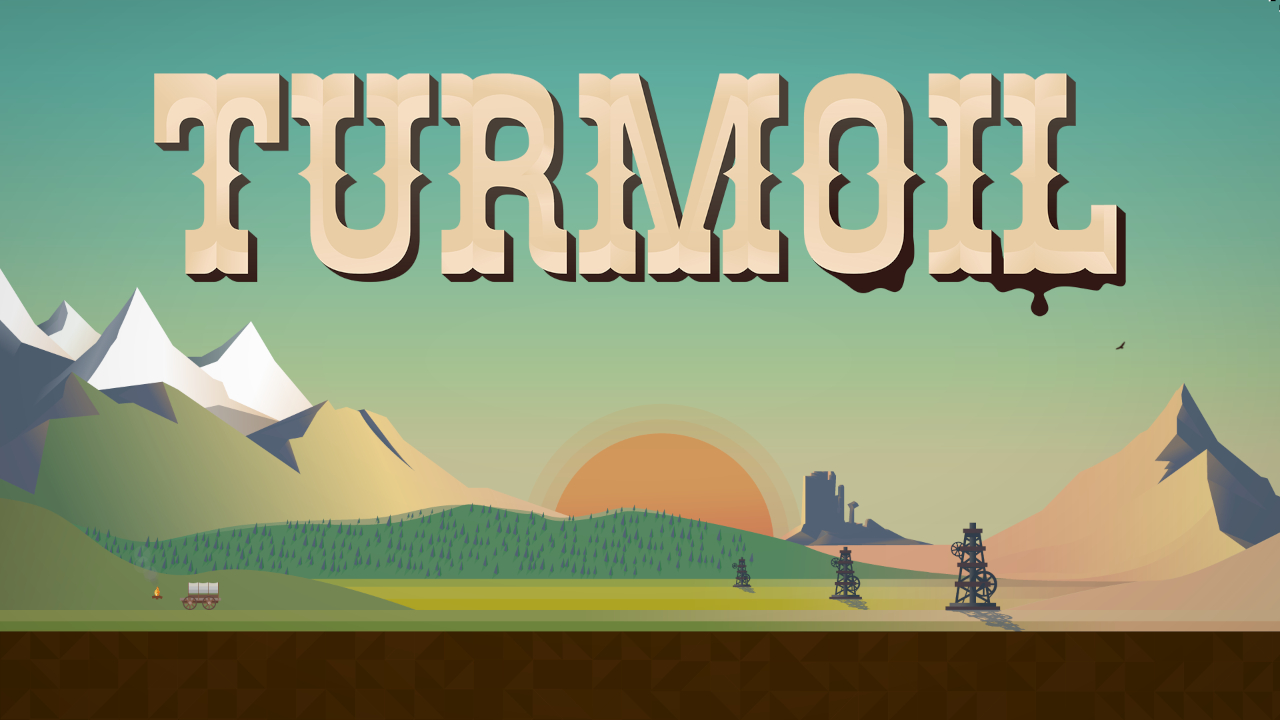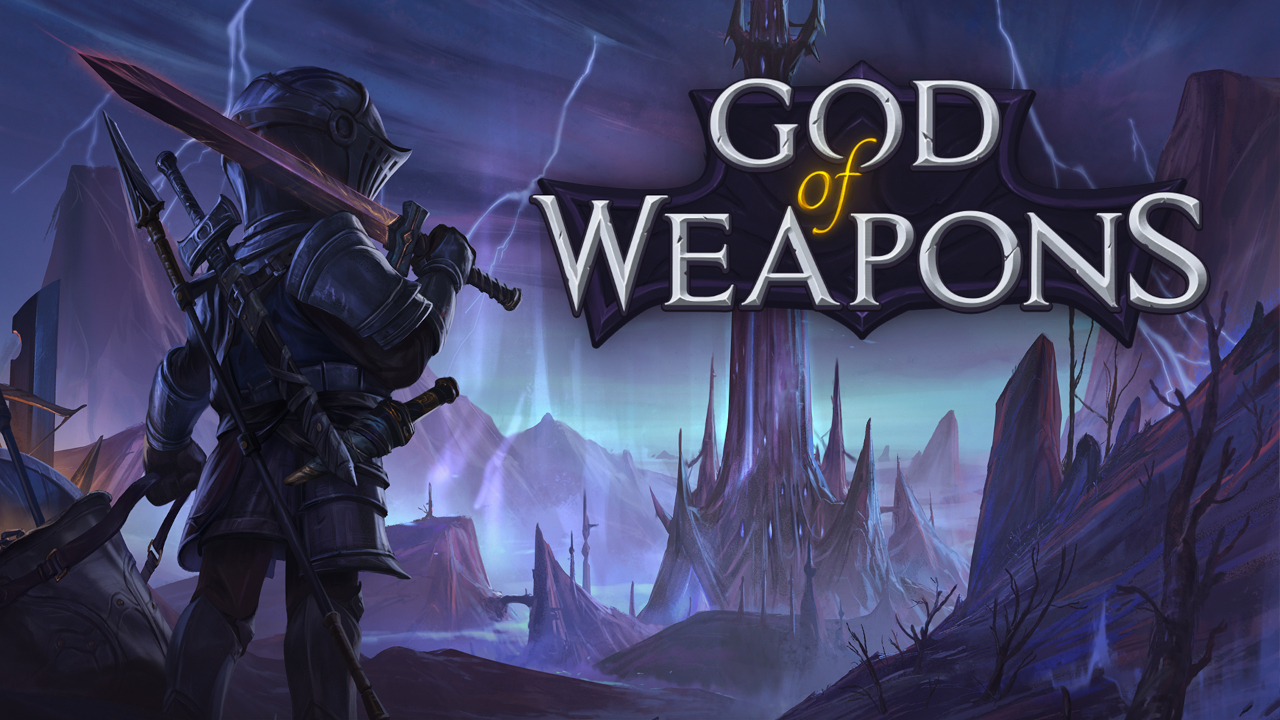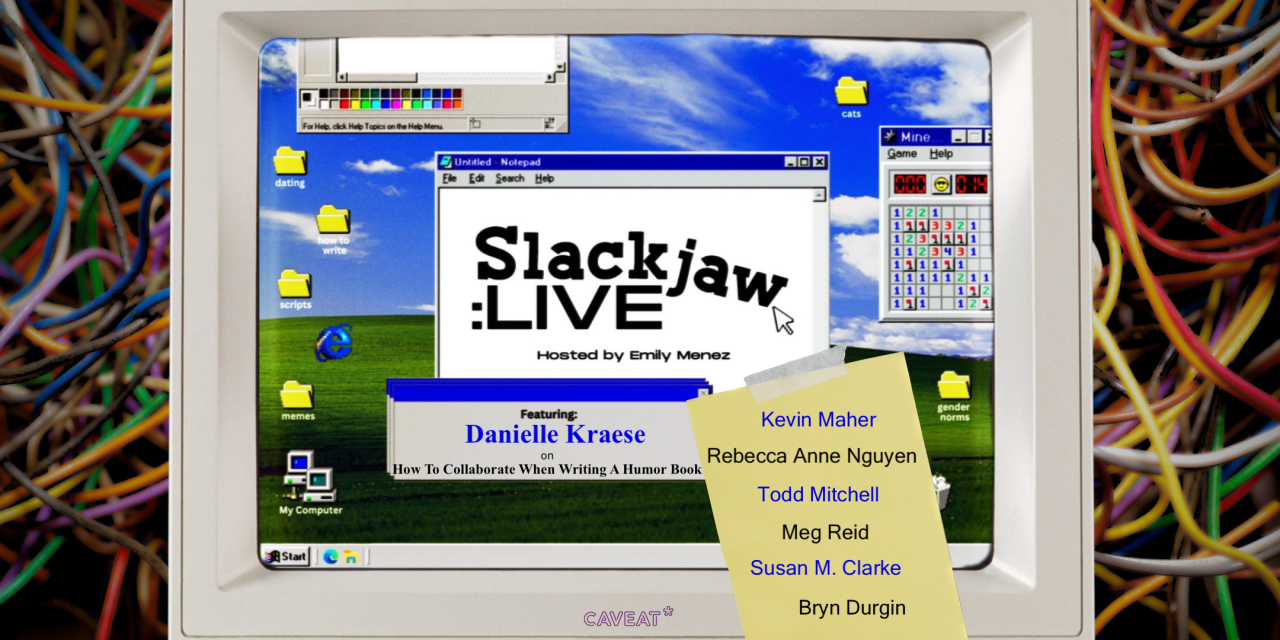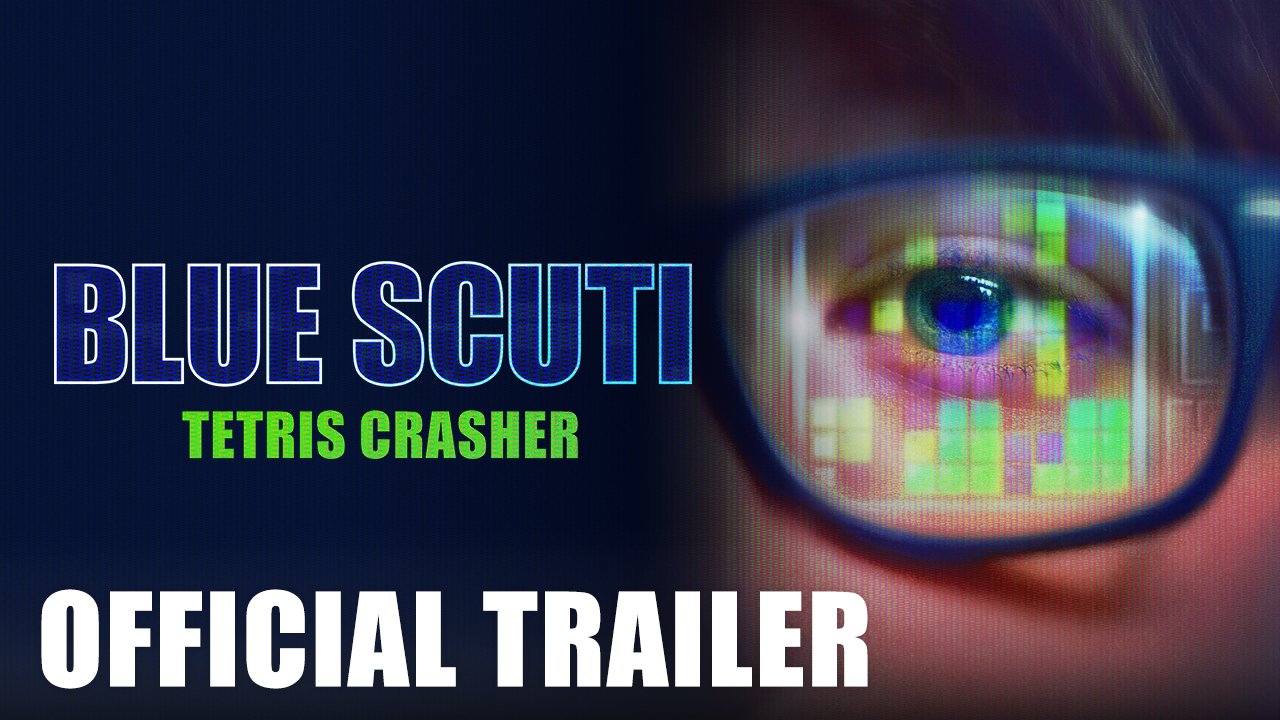What was the first conversation that made it clear to you that almost no one understands what independent game development is like?
I was minding my business on another Diablo: Immortal binge when I got a private message on LinkedIn. Without pasting the message here and bringing unwanted attention later, the gist of it was that a B2B research company manager read through my profile and felt I might be right for a “consulting opportunity” based on my expertise in game development tools.
Who wouldn’t sit up after reading that?
The next paragraph brought me back down to earth fast. The format is an “online study” that takes “about ten minutes.” They lacked the courage to call it a survey, but they were offering $55, so it was still enough to take a Diablo break. A short while after responding, the manager sent a link.
Again, without including specifics, I answered some preliminary questions like “Do you work for a studio, or are you an independent developer?” and “Have your recent games made less than $5,000 or one of these higher revenue brackets you won’t need to answer this question?” A few questions later, the survey let me know my expertise might not be needed after all. The threshold, as it turns out, was any indie developer who’d exceeded $10,000 in revenue in the last year.
Boy, they’re going to have a difficult time finishing that online study.
This didn’t sit weird with me as a matter of embarrassment. I’ve absolutely had years where I exceeded that threshold, though it was more as a contractor for another studio. I think it was their casual tone with recruitment and the other preliminary questions. They were all too happy to hear from subjects who considered their development “just a hobby” or even people who only considered themselves aspiring indie game developers.
How much do they think wanting to develop indie games pays?
Since my games made less than $10k last year, I couldn’t possibly know what I’m talking about, but the company wanted me to have $5 as a thank you for being of no use to myself or others. Based on my limited research, most people take this in the form of an Amazon gift card from their gift carding partner. I found it more interesting that I could take my decade-plus of game development experience to Domino’s Pizza or Yankee Candle.
This was definitely the equivalent of finding a starving actor and assuming that, even if it was an off year, surely they earned at least a couple of academy awards last season, but they’re far from the only folks drastically misunderstanding how the indie space works. If you’ve tried forming an LLC and running your studio as a legitimate business, you’ll know what I mean. Try finding a certified public accountant in the US Midwest that understands why you have losses to report every year or why, no, you can’t just hire more people and be sure you can turn things around.
Worse, I’ve tapped out of a book deal discussion with one of the biggest names in tech book publishing because I couldn’t get the acquisitions manager to understand that many indies have to be at least decent at every role in a studio, not an all-knowing expert in just one. Even when the manager started to get a sense of what I was responsible for, they didn’t see the value in it unless there was some application for it like writing a book on helping people like myself ace interviews to get into the pro development industry. They came to me, not the other way around, and less than an hour later I just wanted the discussion to end.
Running one of the better-known game dev podcasts is a double-dose of the same problem, but that’s a discussion for another day.
The actor analogy wasn’t a random or superficial choice. As another branch of the greater entertainment industry, acting is often an everything or nothing profession. For every Tom Hanks, there are untold thousands of actors doing everything right and receiving little or nothing in return. Many have lived and died in unsuccessful pursuit.
In the minds of the rest of the working world, however, “indie” seems to register like “part-time.” Sure, maybe Activision and EA haven’t come calling, but surely these unattached developers must be punching some mythical clock each day and perhaps earning, say, $50,000 annually instead of $100,000, right? Why else would they be doing it?
Why would anyone sing if they weren’t after a Grammy award? Why pick up a golf club with no hope of qualifying for the majors?
Indie development definitely opens up opportunities to go triple-A on occasion. Interviewers love hearing that candidates are making games unprompted. But believe it or not, tons of folks really are making games just because they love it. Not all of them. Some want to make a fortune and grow a studio the size of the sun, and it just hasn’t happened.
And while I love all my triple-A friends, and I’m grateful for the time they’ve taken to hang out for podcasts and other collaborations, very few people have the stories indies have. If you’re interested in hearing about the people making games at cubicles, you should be twice as interested in hearing about the people who managed to do it on the bus while they held down a totally unrelated job. If you want to learn about game development, these are the people to learn it from.
Plus, indies aren’t under crushing NDAs.
Point being: indie game development isn’t an Avon side hustle, it’s a passion for the arts. Maybe you know a developer who wasn’t mentioned at The Game Awards; it doesn’t mean they’re just not “there” yet. It’s something different, not something less.






Leave a Reply